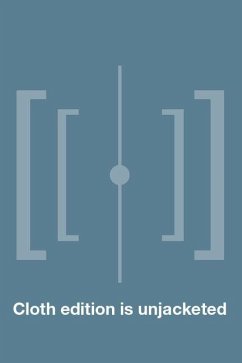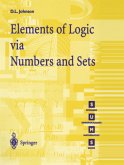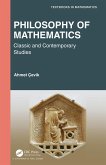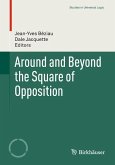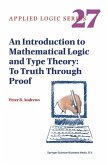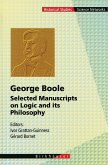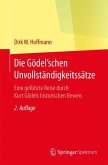In 1931 Kurt Godel disrupted some of the fundamental assumptions underlying mathematics and logic with the publication of his revolutionary paper, "On Formally Undecidable Propositions of Principia Mathematica and Related Systems". Ironically, few mathematicians of the time were able to understand the young scholar's complex proof, and the full importance of this work was largely overlooked for many years. Godel was at last recognized by his peers and presented with the first Albert Einstein Award in 1951 for achievement in the natural sciences -- the highest honor of its kind in the United States. The award committee, which included Albert Einstein and J. Robert Oppenheimer, described his work in as "one of the greatest contributions to the sciences in recent times". In Godel's Proof Ernest Nagel and James Newman provide a readable and non-technical explanation for both scholars and non-specialists of the main ideas and broad implications of Godel's theory. First published in 1958 and in print continuously since then in 10 languages, this highly popular, seminal work offers every educated person with a taste for logic and philosophy the chance to understand a previously difficult and inaccessible subject.
Bitte wählen Sie Ihr Anliegen aus.
Rechnungen
Retourenschein anfordern
Bestellstatus
Storno

